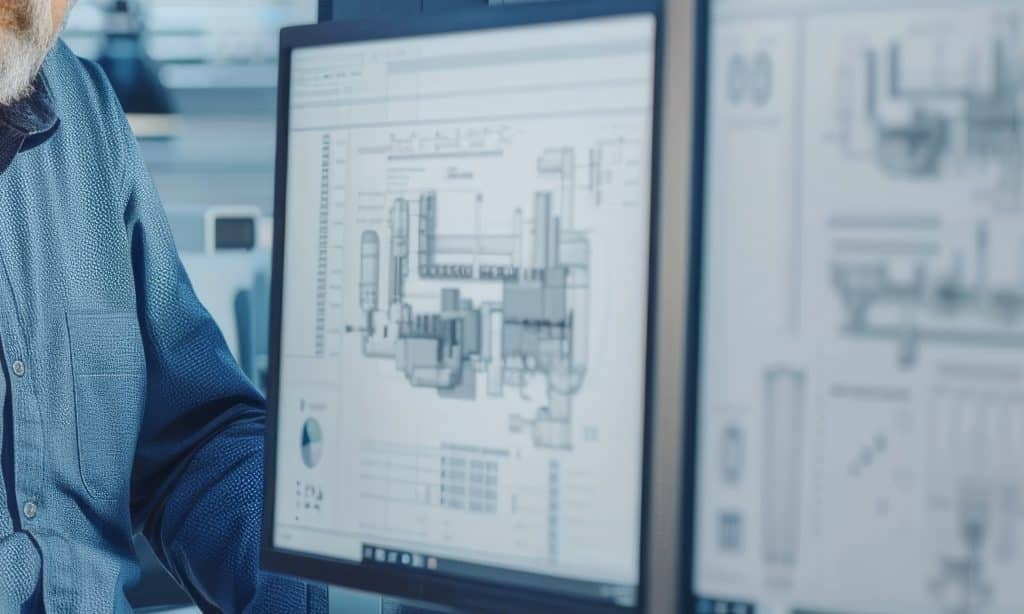Start here - Speak to an engineer
Reliability Engineering For Machine Tools
Reliability engineering is an engineering framework that emphasises dependability in the complete production cycle. It also deals with the ability of the product to perform optimally under specified conditions for a specific length of time.
Reliability engineering closes the gap between development and operations using a software engineering approach to solve system administration problems. Our reliability engineering services provide a cost-effective and dependable maintenance service within the machine tools sector.

Benefits of Reliability Engineering
Your product and brand can be broken by lack of reliability and poor performance. Reliability engineering improves the effectiveness of maintenance programs and reduces repair times while meeting customer expectations.
Other benefits include:
Expectation– Products are used in environmental conditions imposed by the customer. Any product created should match these expectations and work as expected. It is also important to understand the design so as to optimise production costs and customer satisfaction.
Time– Reliability engineering and system safety minimises break down reducing waste of time and resources. Failures are also resolved quickly.
Throughput– Any breakdown leads to increased downtime which affects the system’s throughput. By applying predictive and preventive maintenance principles, machine downtime can be reduced significantly.
Reliability engineering also leads to reduction of operating expenses while maximising throughput.
Production– In the course of production, some products need run-in or burn-in which helps in identifying and eliminating failure. Reliability engineering techniques minimise time spent on burn-in and run-in operations. It also eliminates time spent carrying inventory, tooling costs, and energy costs.
Distribution– Fewer failures result in fewer spare parts. The result is minimised distribution system costs spent on storage and transportation of spare parts and logistics. It also leads to reduced labor costs.
Warranty– If the products manufactured perform without failure, there are fewer returns and servicing requests under warranty. Reliability engineering results in fewer calls to service and support product returns and minimal costs associated with warranty.
Safety– Product failure may cause injury or loss of life. Reliability engineering and system safety assist in the identification and reduction of safety risks.
Liability– Product failures can also cause damage to or loss of property. Minimising failures reduces the exposure to liability for property loss.
Design– Enhancing the reliability engineering capabilities of the design team through training and adequate staffing empowers the team to make informed decisions on the impact of product reliability.
Reliability Engineering for Machine Tools
Reliability engineering emphasises product performance for a required duration in a specific environment. A product has to endure for the duration of its intended lifespan and perform its desired function despite external stressors such as temperature, shock, voltage, and vibration among others.
The reliability engineering framework enables the completion of a production regime. Products must have the ability to perform their required functions under specified conditions for a stated period of time.
Reliability engineering and system safety mitigate the risks associated with defects and measure and analyse failure and system repair.
If you would like to have your reliability engineering capabilities evaluated, our highly-trained engineers can make in-house visits and make recommendations. Having worked with key industry players from a wide variety of sectors, we can help you compete on the global market.
Get in touch with our team by calling 0845 077 9345 or via email info@mtt.uk.com.
“MTT Successfully repaired several spindles within a short period time ensuring our
machines were back to full productivity in no time.”




